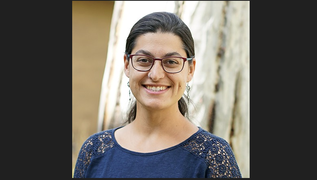Biography
Claire is Assistant Professor and Course Leader for the Centre’s MPhil in the Ethics of AI, Data and Algorithms. Prior to taking up this position, she was a Research Fellow on the Humanising Machine Intelligence Grand Challenge project at the Australian National University. Her first post-doc position was at the Polonsky Academy of Advanced Study at the Van Leer Jerusalem Institute, after having received her PhD from the Faculty of Philosophy at the University of Cambridge in 2014.
Her main areas of research are ethics, both normative and applied, and the philosophy of technology. Her approach to AI ethics is two-fold: to use the questions, puzzles and problems emerging technology raises to make first-order, foundational contributions to normative theory and to reflect this philosophical progress back to make concrete suggestions for the design and deployment of more ethical technological systems in both policy and industry settings.
She also has a strong research history in exploring those actions that lie between what is impermissible and what is required, with a focus on the supererogatory. Supererogatory actions are those that go above and beyond the call of duty. In her work on supererogation, she examines both the conditions that an act must meet to be counted as supererogatory as well as the value of including this class of normative action in our ethical theories. Often overlooked in the traditional ethical discussions of liars, murderers, promise-breakers and thieves, Claire’s work focuses on the wonderfully positive side of our moral lives and encourage us all to take more seriously those gift-givers, blood-donors, saints and heroes who similarly populate our moral world.
Back to people